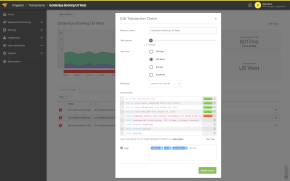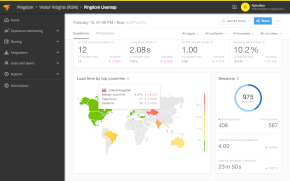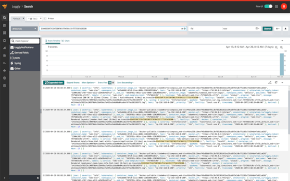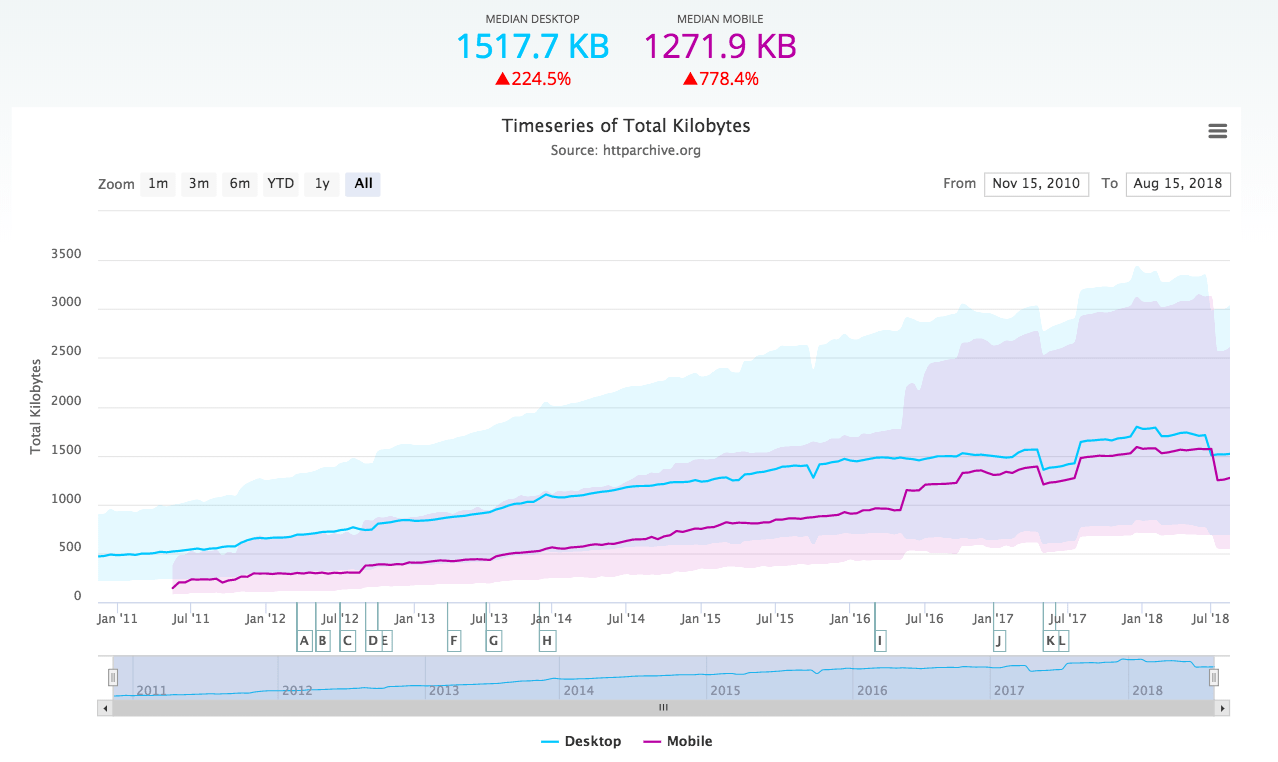Please note: This blog article features functionality that has since been deprecated or removed from Pingdom and is meant to serve as an archival record only.
 Last week we made it possible for you to get Pingdom alerts via Twitter, giving you one more way to know if your website is down.
Last week we made it possible for you to get Pingdom alerts via Twitter, giving you one more way to know if your website is down.
Initially we sent you alerts from a dedicated “alert account”, @pingdomalert, but some people also wanted to be able to have these alerts sent via their own Twitter accounts instead of TO them, so now we have added that functionality as well (i.e. alerts from Pingdom as your own status updates).
So you can use Pingdom with Twitter in three ways now:
- Get non-public direct messages sent to your Twitter user from @pingdomalert
- Get public status messages sent to your Twitter user from @pingdomalert
- Have your own Twitter user send out alerts as status messages
(And just so there isn’t any confusion: @pingdomalert is only used for alerts. @pingdom is still our regular Twitter account where the Pingdom team tweets.)
Let’s have a look at the different ways people are using these alerts.
How people are using Pingdom Twitter alerts
It’s been gratifying see all the positive feedback, and just as interesting to see how people end up actually using these alerts. The tie-in with Twitter opens up some interesting opportunities for our users.
Getting free SMS alerts via Twitter
We knew this was going to be popular, and for those of you who live where Twitter offers free SMS (United States, Canada, etc), it can be a great addition. Unlimited SMS alerts to your mobile, even for free accounts. Pretty nifty.

Using them as public site status updates
Do you have users who depend on your site? Want to give them a heads up when you’re having trouble, and perhaps also keep your hosting provider a bit more on its toes? Send out your alerts as public status updates on Twitter.
If transparency is your thing, you might also want to consider activating a public uptime report page, something that all Pingdom accounts support for free.
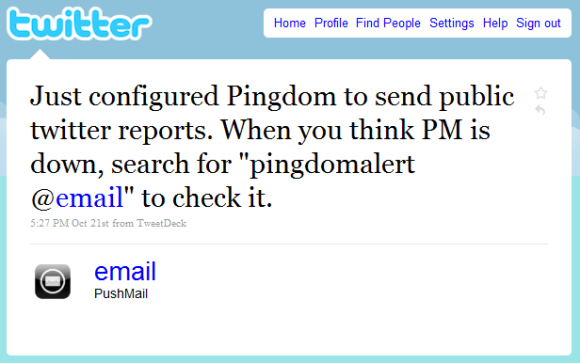
And of course, using them as alerts, period
We already had support for sending you alerts via email and SMS, and Twitter can of course simply be seen as a useful complement to that.

Thank you
We’d like to take this opportunity to thank all of you for your kind words and positive feedback. Much appreciated!

